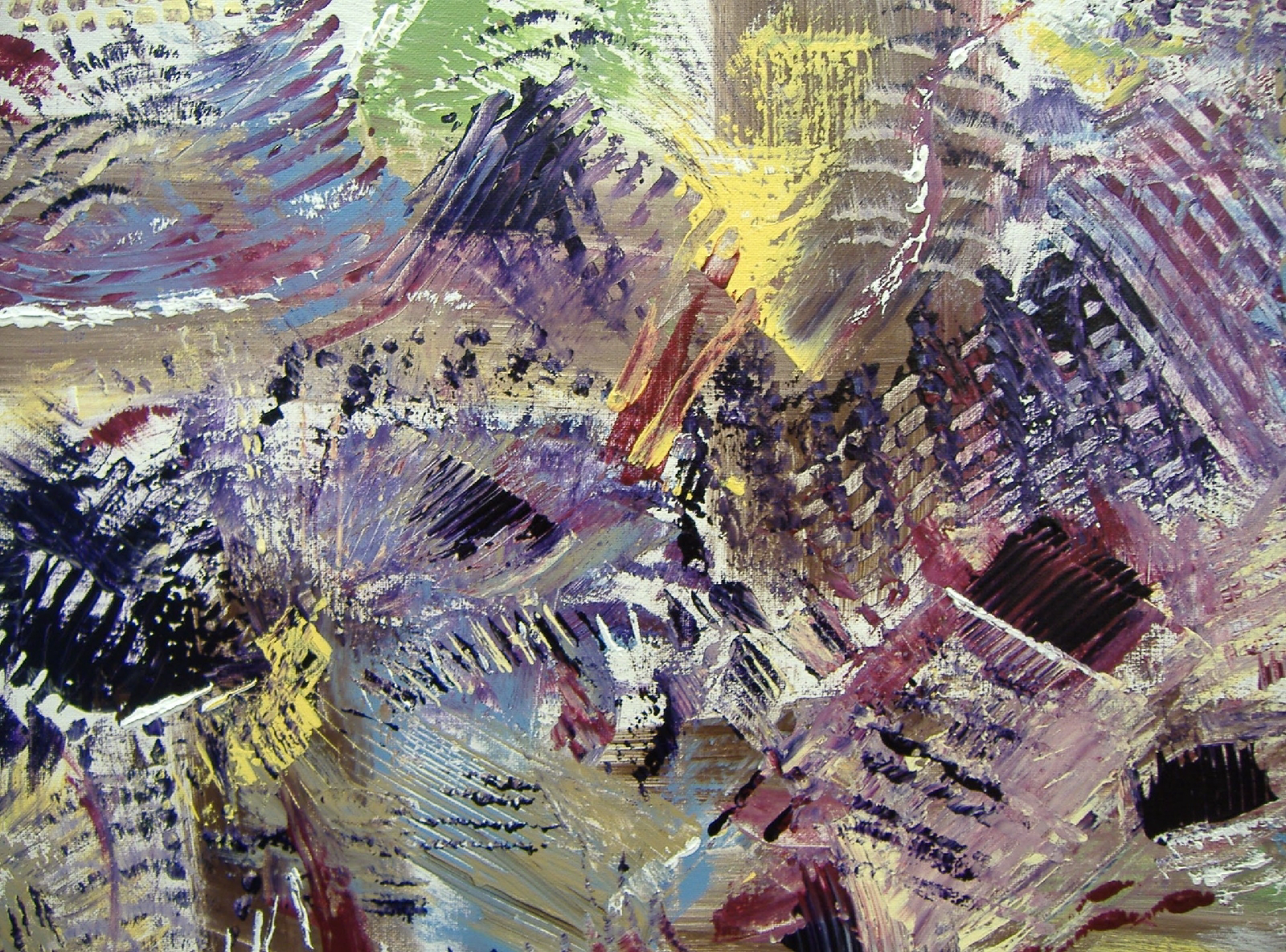The Looming Shadow of Christian Nationalism: Dangers and a Path Forward
+Brian Ernest Brown
The rise of Christian nationalism in the United States presents a significant threat to both the religious and political fabric of our nation. This ideology, which seeks to merge American and Christian identities, promotes a dangerous blurring of the lines between church and state. This article will explore the dangers of such a merger, highlight its contradiction with true Christian teachings, and offer potential solutions for the Christian Church to return to its core values.
Dangers of Christian Nationalism:
Erosion of Religious Freedom: When a single religion is elevated above others, it can lead to the suppression of minority faiths and the marginalization of non-believers. This directly contradicts the fundamental American principle of religious freedom enshrined in the First Amendment.
Undermining Democracy: Christian nationalism often promotes a single, "true American" identity, excluding diverse voices and perspectives. This can lead to political polarization, social unrest, and ultimately, the erosion of democratic values.
Misinterpretation of Christianity: Christian nationalism often cherry-picks scriptures to justify its agenda, overlooking key teachings of Jesus Christ, such as love, compassion, and forgiveness for all. This can lead to the weaponization of religion for political gain and contribute to social divisions.
Christianity and Separation of Church and State: The separation of church and state is not merely a legal principle, but also a core Christian value. Jesus himself instructed his followers to "render unto Caesar the things that are Caesar's, and unto God the things that are God's" (Matthew 22:21). This clear distinction between earthly and divine authority is essential for ensuring religious freedom, preventing the abuse of power, and maintaining a just society.
Solutions for the Christian Church:
Returning to the Gospel: Christian churches need to refocus on the core teachings of Jesus, which emphasize love, inclusivity, and service to others. This requires a critical reevaluation of theologies that promote exclusion and discrimination.
Promoting Interfaith Dialogue: Fostering dialogue and understanding between different religious communities is crucial to combating religious intolerance and promoting a more inclusive society. This includes partnering with other faith groups on social justice initiatives and promoting interfaith prayer gatherings.
Engaging in Politics with Integrity: Christians can participate in the political process while upholding their core values. This means avoiding aligning themselves with political parties or agendas that contradict their faith, and instead advocating for policies that promote justice, compassion, and the common good.
Examples of Hope:
There are many examples of Christian communities actively working to counter the harmful influence of Christian nationalism and return to the heart of their faith. Here are just a few:
The Sanctuary Movement: This interfaith movement provides sanctuary to immigrants and refugees facing deportation, upholding the biblical command to care for the stranger and the vulnerable.
The Poor People's Campaign: This movement, led by faith leaders across denominations, advocates for policies addressing poverty, racism, and environmental destruction, demonstrating how faith can inspire action for social justice.
Interfaith Communities United for Justice: This national organization brings together people of diverse faiths to work on issues such as immigration reform and voting rights, demonstrating the power of interfaith collaboration in shaping a more just society.
These examples offer a glimpse of hope for a future where the Christian Church lives out its true calling, not as a tool for political gain, but as a force for love, justice, and peace in the world. By reclaiming its core values and fostering interfaith collaboration, the Christian Church can play a vital role in healing the divisions within our society and building a more just and equitable future for all.


